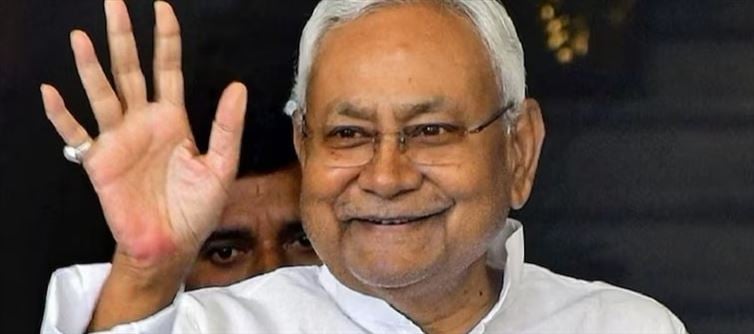
The latest political “acrobatics” in bihar once again expose how governance has been replaced by performance. The spectacle of a leader effortlessly flipping between alliances — while the audience rewards him with perfect scores — reflects a deeper institutional failure. Bihar’s politics has become a marketplace where stability is traded for short-term survival, and ideological commitments are abandoned the moment they threaten personal leverage.
Behind this circus lie powerful incentives. National parties depend on regional leaders to plug electoral vulnerabilities; regional leaders depend on national parties to protect their relevance. This mutually convenient arrangement ensures that neither governance nor public welfare dictates political decisions. Instead, caste arithmetic, coalition bargaining, and personal positioning dominate policymaking.
Institutions that should check such volatility — the bureaucracy, legislative bodies, and party structures — have been steadily weakened. As a result, every political somersault becomes possible, and every alliance shift is treated as strategic brilliance rather than democratic erosion.
The short-term gains are obvious: media attention, bargaining power, and temporary stability. But the long-term consequences are severe — policy paralysis, investor hesitation, and public distrust.
If political theatrics continue to overshadow administrative responsibility, can bihar ever break free from the cycle of instability that keeps its future perpetually suspended in mid-air?




 click and follow Indiaherald WhatsApp channel
click and follow Indiaherald WhatsApp channel